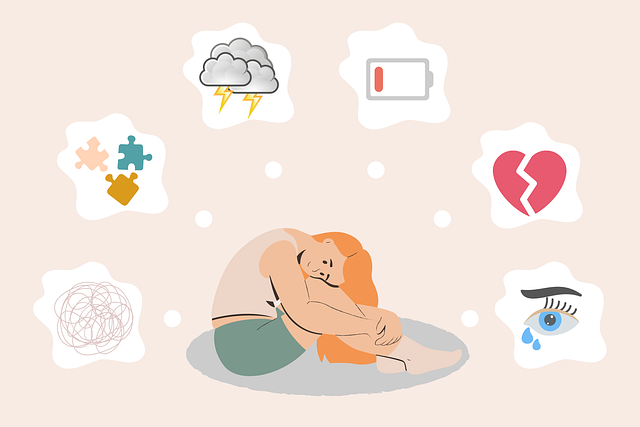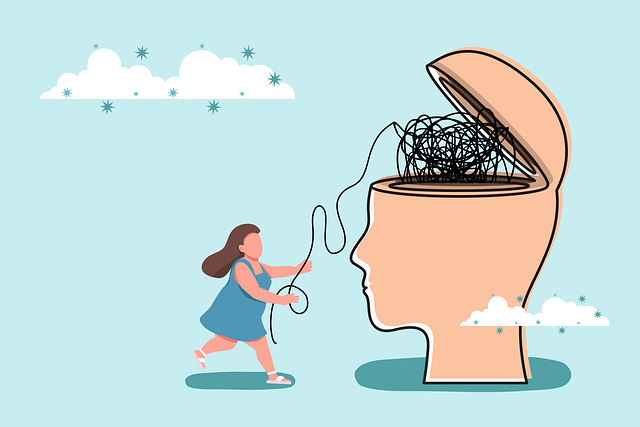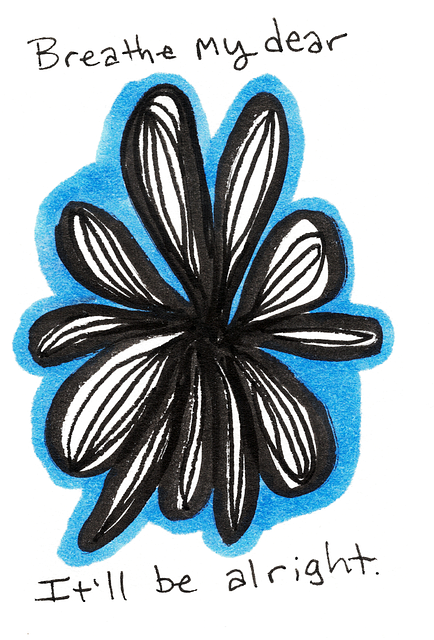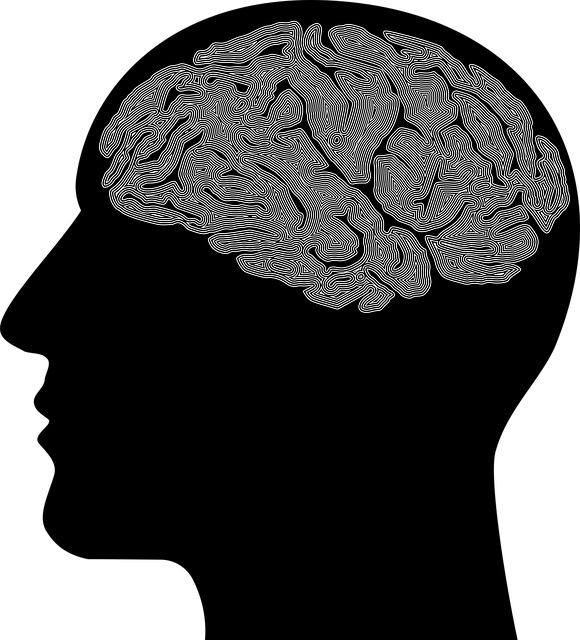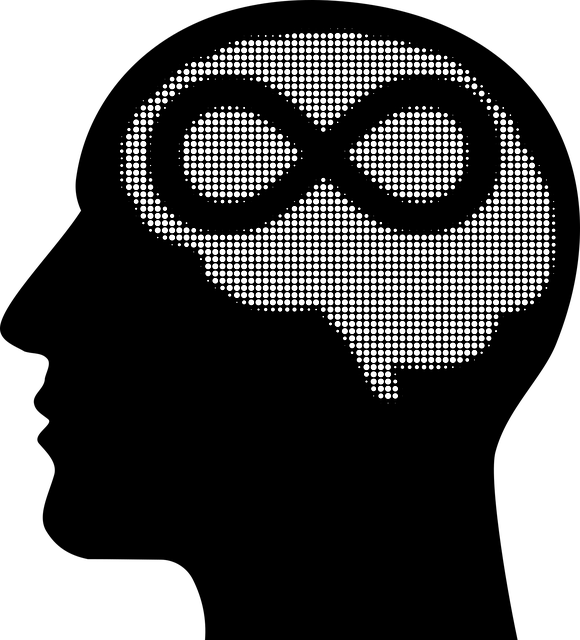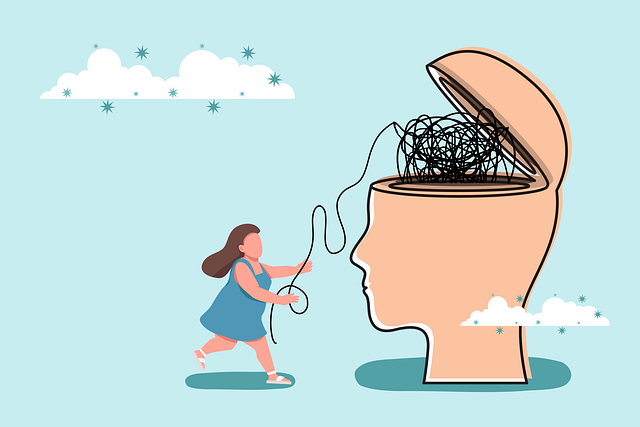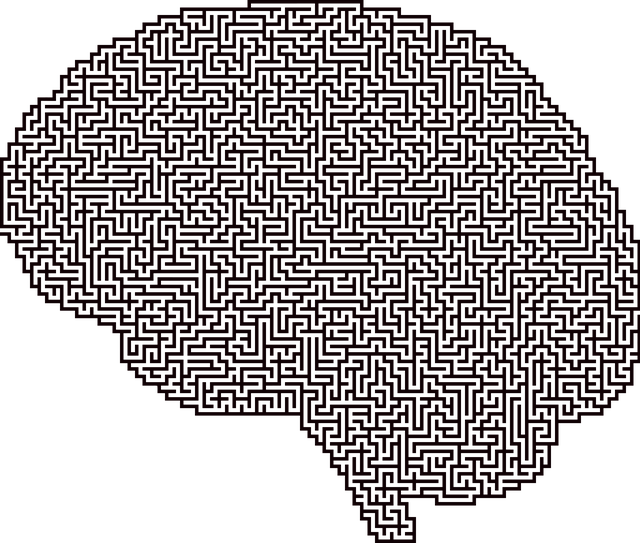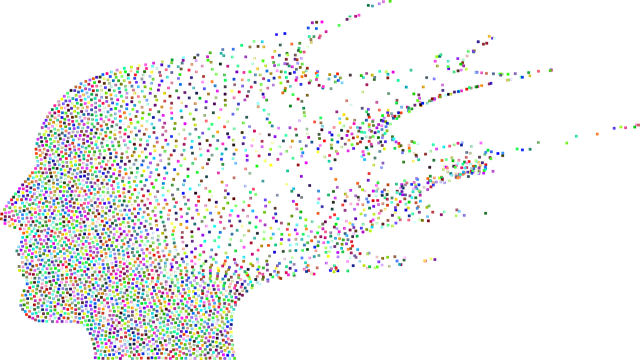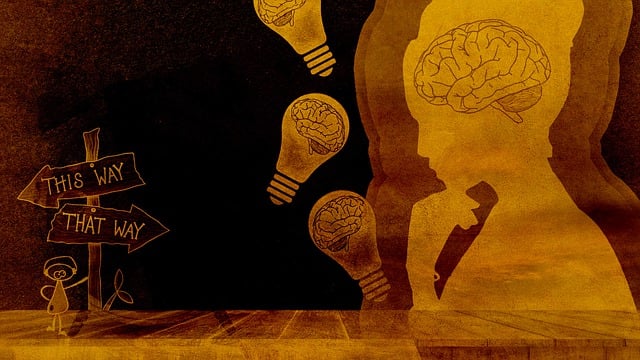Resilience is crucial for healthcare professionals, and Superior Cognitive Behavioral Therapy (CBT) offers an effective approach through Recovery, Flexibility, and Mastery (RFM). CBT techniques, like Mental Wellness Journaling, empower individuals to adapt to stress and change, fostering emotional healing. Implementing these strategies in a Community Outreach Program, combined with diverse learning styles, interactive workshops, and peer support groups, enhances resilience and well-being for healthcare providers while addressing cultural sensitivity. Incorporating goal-setting, positive reinforcement, and qualitative/quantitative assessments ensures effective engagement and outcomes in resilience-building programs.
In today’s fast-paced world, building resilience is paramount to navigating life’s challenges. One effective framework, RFM (Resourcefulness, Flexibility, and Mastery), serves as a powerful tool for fostering adaptability. This article explores how integrating Superior Cognitive Behavioral Therapy (CBT) techniques into RFM exercises enhances resilience. We’ll delve into practical strategies for implementation, adherence promotion, and success measurement, providing valuable insights for individuals and organizations seeking to cultivate mental fortitude.
- Understanding RFM and Its Role in Resilience Building
- Implementing Cognitive Behavioral Therapy Techniques for Effective Exercises
- Strategies to Enhance Adherence and Measure Success
Understanding RFM and Its Role in Resilience Building

Resilience is a key component of overall well-being, especially in high-pressure environments like healthcare. Understanding RFM (Recovery, Flexibility, and Mastery) provides a framework for enhancing resilience through Superior Cognitive Behavioral Therapy (CBT) techniques. This approach focuses on helping individuals recover from stressful situations, adapt to change, and gain a sense of control over their lives.
By integrating RFM into the practice of Burnout Prevention Strategies for Healthcare Providers, we can support emotional healing processes. For instance, Emotional Healing Processes can be facilitated through Mental Wellness Journaling Exercises, which encourage reflection and self-awareness. This guidance allows professionals to process their experiences, cultivate coping mechanisms, and strengthen their mental fortitude. Incorporating these practices into daily routines contributes to sustained resilience and improved overall mental wellness.
Implementing Cognitive Behavioral Therapy Techniques for Effective Exercises

Implementing Cognitive Behavioral Therapy (CBT) techniques is a powerful approach to enhance resilience through structured exercises. CBT focuses on challenging negative thought patterns and replacing them with healthier, more adaptive ones, fostering self-awareness exercises that are crucial for emotional healing processes. By integrating these strategies into resilience-building programs, participants can learn to manage stress, anxiety, and difficult emotions effectively. This superior Cognitive Behavioral Therapy method encourages individuals to identify and change unhelpful behavioral responses, promoting a sense of control over their mental health.
In the context of a Community Outreach Program Implementation, CBT exercises can be tailored to address specific challenges faced by diverse communities. These therapeutic techniques enable participants to develop coping mechanisms that are both culturally sensitive and relevant to their daily lives. Through group discussions and individual reflections, individuals gain valuable insights into their emotional responses, fostering an environment conducive to emotional healing processes. This personalized approach ensures that resilience-building exercises resonate with the community’s unique needs, ultimately strengthening their collective ability to navigate life’s challenges.
Strategies to Enhance Adherence and Measure Success

To enhance adherence to RFM and resilience-building exercises, consider incorporating strategies that appeal to diverse learning styles. This might include interactive workshops, group discussions, and hands-on activities alongside traditional lecture formats. Using Superior Cognitive Behavioral Therapy techniques, such as goal-setting exercises and positive reinforcement, can motivate participants to engage actively with the program. Regular feedback sessions and peer support groups also foster a sense of community, making the experience more relatable and impactful.
Measuring success involves combining qualitative and quantitative assessments. Self-reported surveys can gauge changes in resilience levels and adherence to coping strategies. Observational notes from facilitators, along with participant reflections, provide deeper insights into individual progress. In light of Mental Illness Stigma Reduction Efforts, anonymized data analysis should be employed to ensure privacy while identifying trends and areas for improvement. Incorporating Social Skills Training and Cultural Sensitivity in Mental Healthcare Practice can further enrich the program’s effectiveness by tailoring exercises to diverse backgrounds, ensuring inclusivity, and promoting positive outcomes.
The implementation of RFM (Resilience, Flexibility, and Mindfulness) exercises, combined with Superior Cognitive Behavioral Therapy techniques, offers a robust framework for building resilience. By understanding an individual’s resilience level and utilizing evidence-based CBT methods, tailored exercises can be designed to enhance coping mechanisms and promote mental well-being. Effective adherence strategies and clear measurement of success further strengthen the overall process, ensuring individuals gain the skills needed to navigate life’s challenges with greater ease.
